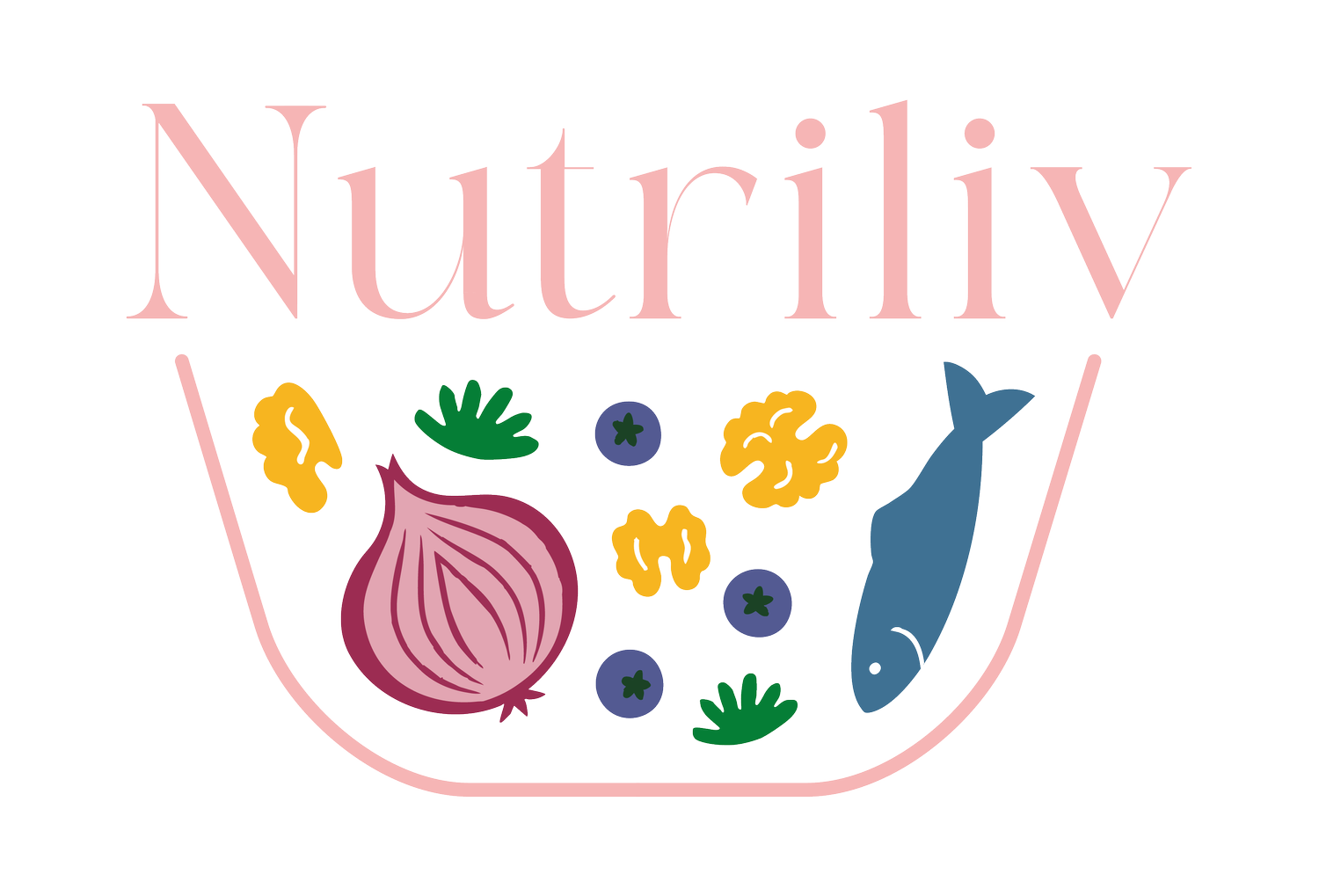Why Your Intestinal Health Controls More Than You Think
You've probably heard the phrase "we are what we eat," but let me tell you something that might surprise you: we are what we eat, digest, absorb, metabolize, AND excrete. And here's the kicker – we're also affected by when we eat. Your gut isn't just a simple food processor; it's the conductor of an incredibly complex orchestra that influences everything from your skin to your fertility to your mental health.
Your Gut: The Multitasking Superhero
Think your intestines just handle digestion? Think again. Your gut performs at least seven critical functions:
Digestion (the obvious one)
Absorption of nutrients
Immune function (70% of your immune system lives here!)
Neurotransmitter synthesis (hello, gut-brain connection)
Hormone production
Detoxification
Excretion
When any of these functions go awry, the ripple effects can show up in the most unexpected places – like your skin, your reproductive health, or even your mood.
The Gut-Skin Connection: It's Real, and It's Spectacular
Ever notice how stress breakouts seem to happen right before important events? Or how your skin glows when you're eating well? That's the gut-skin axis at work, and the science behind it is fascinating.
Research shows that your gut microbiota, immune system (specifically GALT - gut-associated lymphoid tissue), and intestinal barrier work together like a three-piece band. When this trio is in harmony, your skin benefits. When they're out of sync? Hello, acne, psoriasis, and dermatitis.
The Acne-Diet Connection
Here's what the research tells us about foods that can trigger skin issues through gut inflammation:
Saturated fats in excess
Refined carbohydrates (sorry, white bread lovers)
Dairy products (this one hurts, I know)
A particularly striking study with 173 patients found that ALL participants experienced complete resolution of their skin lesions after normalizing their gut health through targeted treatment. Let that sink in – all of them.
Fertility: Your Gut Holds More Cards Than You Think
Here's something that might shock you: women with PCOS have 5-10 times higher chances of developing type 2 diabetes. And guess what plays a massive role in both conditions? Your gut health.
PCOS: An Evolutionary Mismatch
Polycystic Ovary Syndrome affects 6-21% of women of reproductive age worldwide. But here's a fascinating perspective: what if PCOS traits were actually advantageous in ancestral times?
Think about it:
Less menstruation (conserving iron)
Better blood clotting ability
Fewer pregnancies (in harsh conditions)
More testosterone (strength advantage)
Greater bone mass
Better fat storage capacity
The problem? Our modern "obesogenic environment" – sedentary lifestyles, processed foods, lack of sunlight, and disconnection from nature – has turned these potential advantages into health challenges.
The Microbiome Connection
Women with PCOS show:
Lower microbial complexity and diversity
Reduced Roseburia (good bacteria)
Decreased short-chain fatty acid production
Increased intestinal permeability
Dysbiosis (bacterial imbalance)
These changes correlate directly with worsening reproductive parameters and blood sugar control.
The Estrobolome: Your Gut's Hormone Control Center
Here's a term you need to know: estrobolome. This refers to the collection of bacteria in your gut that can metabolize estrogens. When this system is disrupted, you can develop estrogen dominance, contributing to both PCOS and endometriosis.
Fixing Estrogen Dominance Through Gut Health
Maintain healthy weight and reduce abdominal circumference
Support liver metabolism
Eat a fiber-rich diet (preferably organic) to support beneficial bacteria
Prioritize sleep quality
Limit or eliminate alcohol
Manage stress effectively
The Vaginal Microbiome: Your Fertility's Best Friend
Your vaginal microbiome is as unique as your fingerprint, and altered uterine and vaginal microbiomes are among the causes of implantation failures. The healthy vaginal microbiome:
Competes with harmful bacteria for space and nutrients
Produces protective bioactive compounds
Modulates immune responses
Maintains optimal vaginal pH
Mental Health: The Gut-Brain Highway
The connection between gut health and mental wellness, especially for women dealing with reproductive health issues, cannot be overstated. Pelvic pain from conditions like endometriosis significantly impacts psychological well-being, making women more susceptible to anxiety and depression.
The Bottom Line: There's No Magic Pill
Here's the truth I want you to remember: Health is a choice. It's about constancy and consistency. We are what we do daily, not what we do occasionally.
Your gut truly is the maestro of your body's systems, conducting a complex symphony that affects your skin, fertility, hormones, and mental health. By supporting your intestinal health through:
Nutrient-dense, anti-inflammatory foods
Adequate fiber intake
Stress management
Quality sleep
Regular movement
Targeted supplementation when needed
You're not just improving your digestion – you're optimizing your entire body's performance.

